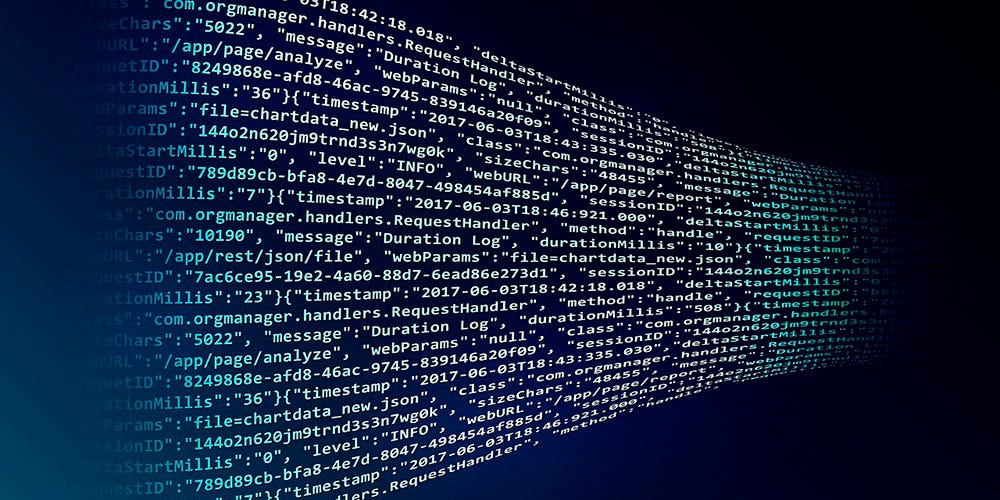Global Refugee Crisis: Blockchain Can Help
Global Refugee Crisis: Blockchain Can Help


The United Nations Refugee Agency has recently reported that the death toll among refugees crossing over to Europe is on the rise: for every 18 people, one person has died — double the number for the previous year. In the United States, the number of immigration arrests have increased by 30% from 2016 to 2017. Cointelegraph asks the question: can refugee migration crisis be helped by decentralization technologies? In its recent article, the answer is yes.
A common problem for refugees fleeing war zones or economic hardship is the lack of identification, which delays the asylum process because no information is available on the asylum seeker’s criminal record, health status, and other data. Without proper identification, it is difficult for governments to decide whether the refugee status is truly needed, or whether it’s being sought by those exploiting the opportunity — economic migrants, war criminals and fugitives.
While waiting for their identity to be established, refuges spend months and years in camps that may lack basic safety and necessities. Refugee status is awarded to those who pass many rounds of interviews, submit documents and win appeal procedures — and the system is far from failproof.
And even with a refugee status, other problems arise, such as proven documentation of one’s educational status. Until the status is given, a refugee in a host country typically faces problems with access to public healthcare and basic necessities such as opening a bank account.
The UN Agency for refugees, UNHCR, has implemented biometric systems — fingerprinting and eye scans — to monitor the identities of refugees. The problem, however, is that the data held by UNHCR has fallen prey to hackers, with access sold on the internet.
A separate problem in the refugee crisis is the distribution of funds allocated to aid the refugees. According to nonprofits, donor funding lacks transparency, and the money is too often spent not in the way that was intended.
Finland has been the first so far to use blockchain to help refugees. The Finish Immigration Service sets up refugees with a full analogue of a bank account, handing out credit cards instead of traditional cash payments. A public database supported by a decentralized network helps the Finnish government keep track of the cardholders and their movements. And for the refugees, the account is an identification and banking tool that is available from the outset.
Cointelegraph quotes George Soros, the billionaire entrepreneur and philanthropist, who said at the last World Economic Forum at in Davos: “Blockchain technology can be put to positive use. And we use it, actually, in helping migrants communicate with their families and to keep their money safe and to carry it with them.” The United Nations has already begun developing blockchain technology. It is working with two consulting and tech giants — Accenture and Microsoft Corp. — to build a digital ID network to provide legal identity documents to 1.1 billion people around the world who currently have no official documents. The idea behind the project is to store biometric data on a blockchain. This eliminates the problems of lost documentation, and connects the systems of commercial entities and government records. “Without an identity, you can’t access education, financial services, healthcare… You are disenfranchised and marginalized from society,” said Accenture’s David Treat.
The UN has been exploring other ways to use the new technology to increase the efficiency of its operations. It has conducted one of the largest-ever implementations of Ethereum blockchain for charity when it handed out cryptocurrency-based vouchers to Syrian refugees to be used in participating markets. The pilot programme bypassed bank-related transfer fees, resulting in cost savings for the international relief agency. UN plans to increase its usage of the blockchain payments system by switching to distributed ledgers on the Ethereum cryptocurrency network, which is expected to result in millions of dollars saved on bank transfer fees. Other UN agencies are also considering blockchain for their purposes.
It is important to remember that blockchain is a technology, not a comprehensive solution for all of the challenges surrounding the migrant crisis. However, blockchain technology can indeed ensure that refugees receive the financial aid directed to them, that their identity can be established easily and their documents saved, and that errors are eliminated in the application process.
Want to learn more? Join us on Asgardia.Space
